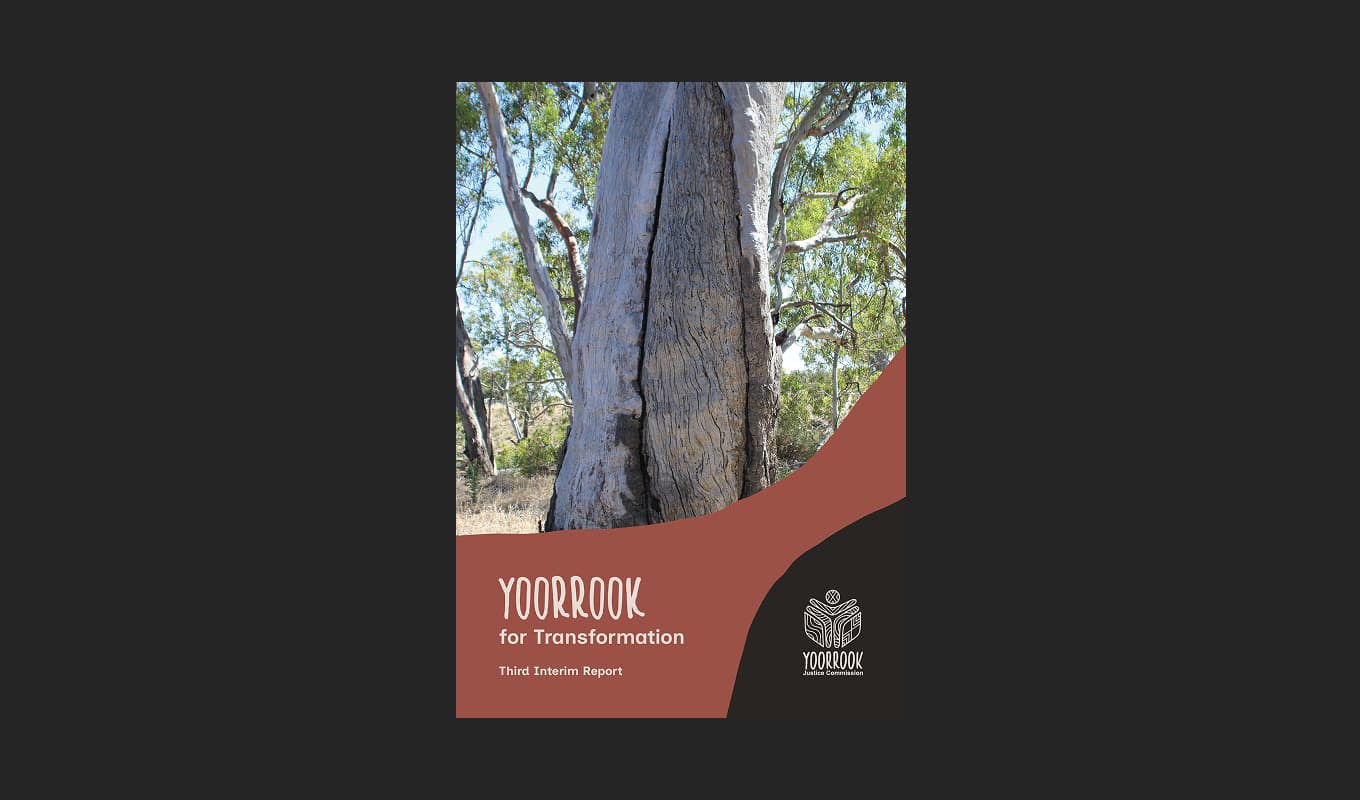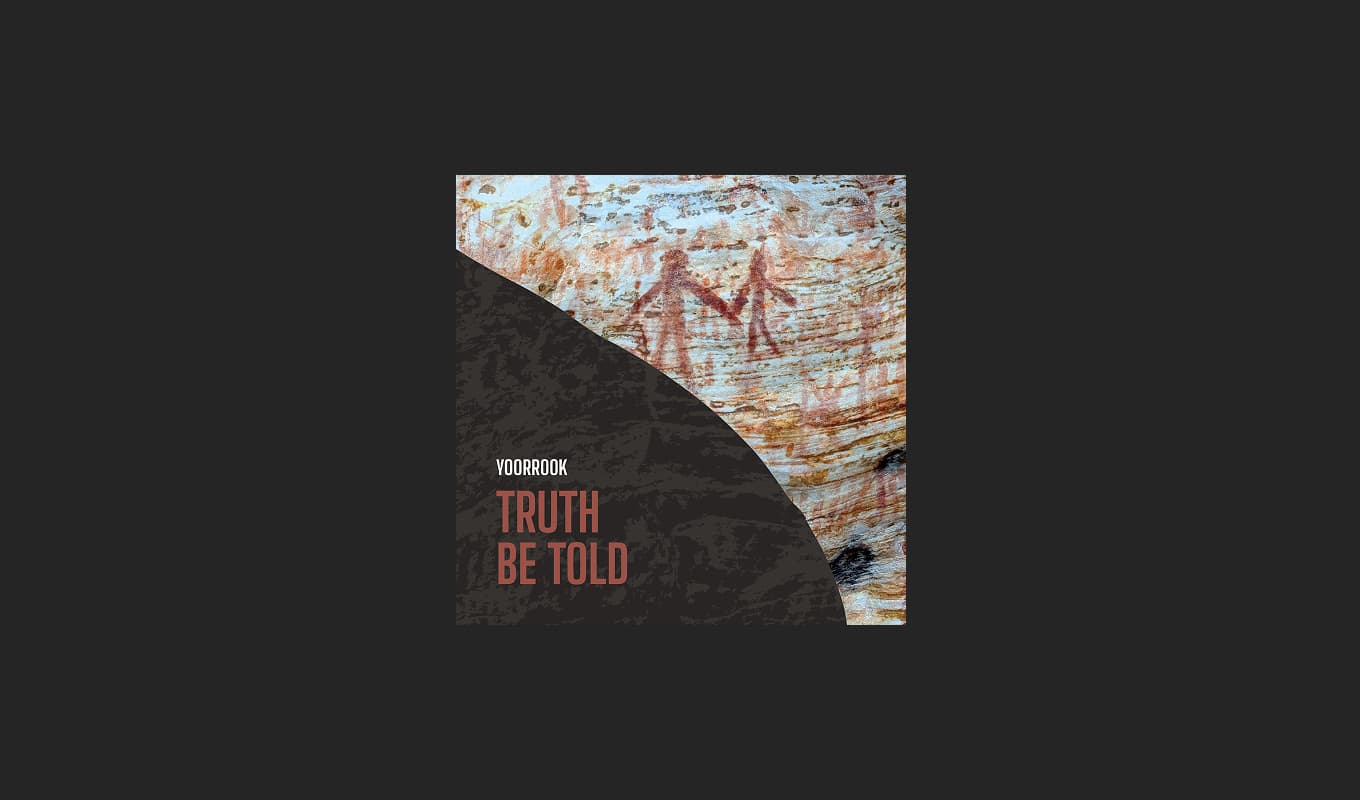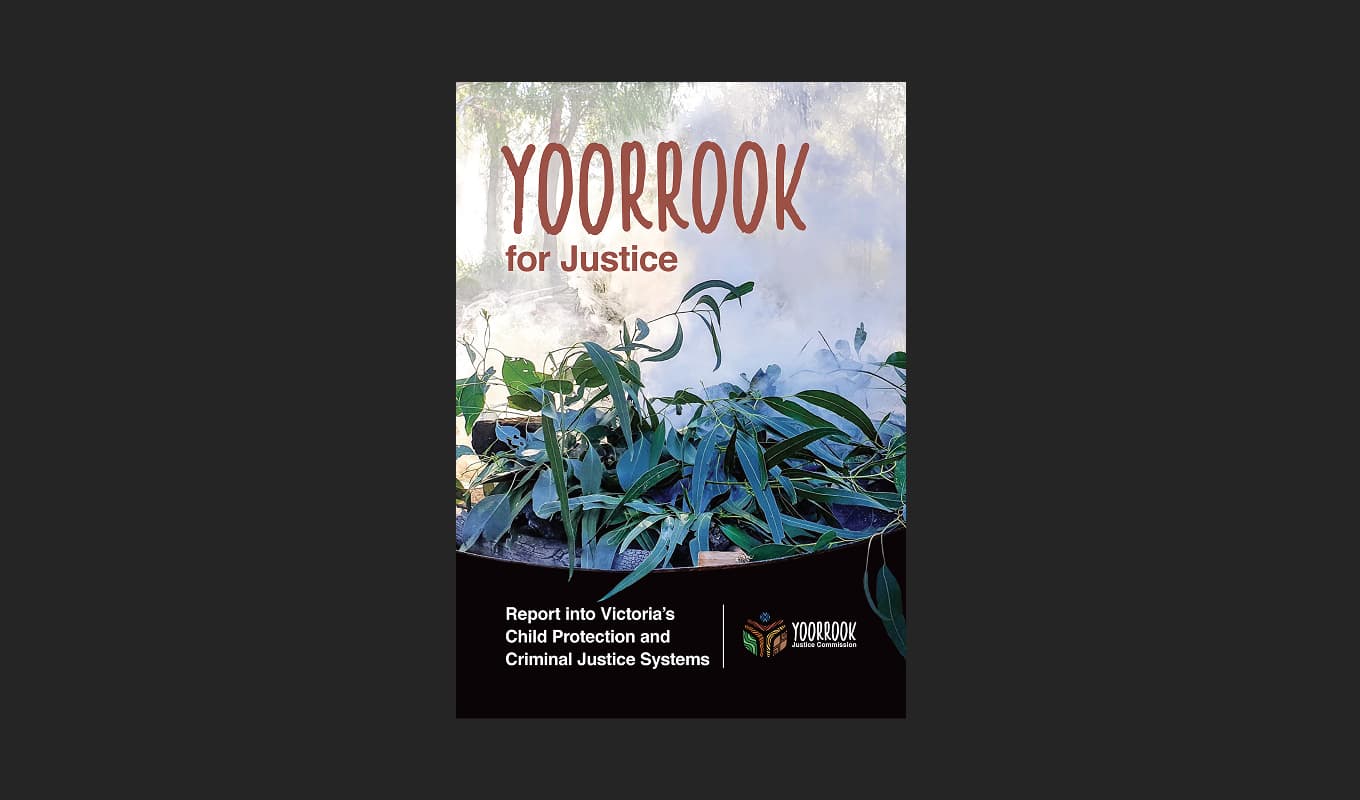Lisa Croxford
Lisa Croxford learned about the colonisation of Victoria and its impacts on First Peoples as an adult, finding much of it hidden. Her education on First Nations history was not comprehensive. She advocates for teaching colonisation's impacts, government support for visibility, and individuals doing their own research to support truth-telling and treaty processes.
Submission Transcription
I know what I have set out to learn as an adult. This is from settler records of colonisation and seeking out stories of the impact of colonisation. Much remains hidden and not discussed. Listening to First Peoples who share their stories has been key.
It was not at all comprehensive. I was born in 1974 and it was not until university, learning about the Mabo judgement that the penny dropped for me that where I lived was and had always been Aboriginal land. I remember going home and asking my parents – why didn’t they tell me. I don’t think they appreciated the truth either.
It starts with learning about how we came to be here – teaching colonisation and its impacts not just on Australia but around the world. We have all been impacted by it and need to learn our own history. Then share and get to know the history of the place you live. Who are the custodians? What are the stories of this place? If you choose to live as part of this land what’s your role in caring for it? Who can you learn from? The role of government in this is key to provide an authorising environment for the work to occur. To hold steady on its importance so it’s not undermined by populist broadsheet rubbish.
By doing the work and research themselves. It’s not good enough to say you weren’t taught at school. Go and find the information for yourself. It is there and easily accessible. Listen to the evidence being shared through Yoorook. Ask your local council about how they will support treaty. Get involved in your organisations RAP. speak to the benefits of this process to everyone you can.
By doing the work and research themselves. It’s not good enough to say you weren’t taught at school. Go and find the information for yourself. It is there and easily accessible. Listen to the evidence being shared through Yoorook. Ask your local council about how they will support treaty. Get involved in your organisations RAP. speak to the benefits of this process to everyone you can.
Truth-teller consent
Contact us about this submission
Contact us if you’d like to discuss this submission.
Similar submissions
Explore submissions from other witnesses that discuss similar topics.
Viki Sinclair (Fowler)
Viki Sinclair is a direct descendant of one of the original settlers of Gippsland, Colin McLaren. In this submission, she tells her personal story of... more
Anonymous 1481
The author has a broad understanding of colonisation’s impact on First Peoples but feels Victoria's education system was extremely limited in teaching... more
Denise Cusack Sister of Our Lady of Sion
Denise Cusack, Sister of Our Lady of Sion, found attending some of the Yoorrook Justice Commission public hearings to be a deeply moving experience,... more
Melissa Turnbull
Melissa Turnbull describes the brutal colonisation of Victoria, including undocumented massacres and displacement of First Peoples. Her education on F... more
Reports and Recommendations
Read the official reports and recommendations of the Yoorrook Justice Commission.

Yoorrook for Transformation
Third Interim Report: A five-volume comprehensive reform report presenting evidence and findings on systemic injustices, and specific recommendations for meaningful change to transform the future.

Truth Be Told
An official public record that documents First Peoples experiences since colonisation, preserves crucial testimonies for future generations and creates an enduring resource for education and understanding.

Recommendations for change
Yoorrook Justice Commission’s recommendations for truth-telling, justice, and systemic reform in Victoria.
